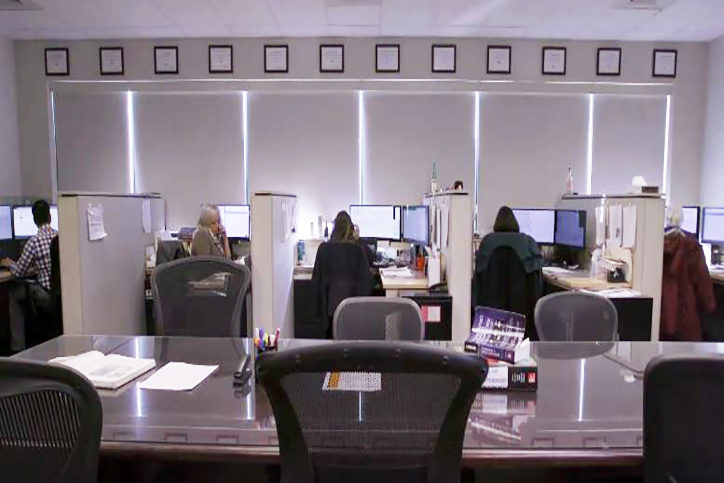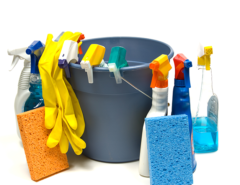“Hello. My mother is in her 90s and accidentally took my medicine instead of hers. Will she be okay?”
“Hello. My child put baby wipes in her mouth and sucked on them. What is going to happen?”
These are a few examples of how calls coming into poison centers start. Have you ever wondered what a day is like at the Maryland Poison Center? Let’s take a look! Here’s a snapshot of a single day in March 2021, when one to five specialists in poison information (SPI’s) were on duty at any given time. Together, they managed 121 new cases on this day.
Incoming calls came from the public, doctors, nurses, paramedics, and police officers. The ages of patients ranged from nine months to 92 years. There were even a few calls about pets. Many of the cases were about medicines (prescription and over-the-counter) and drugs of abuse. Other calls included:
- Personal Care Products: diaper rash ointment, baby wipes, and hair bleach
- Household Products: disinfectants
- Foreign Objects: slime and styrofoam beads
- Miscellaneous: fire extinguisher
For each case that comes in, our poison specialists first take a full history. They ask many questions to help them get a clear picture of what has happened and how the patient is doing. To learn more about what questions are asked and how this information helps poison specialists, read our “Why So Many Questions?” blog.
Next, the specialist combines the information given with their training and resources to tell the caller what treatment is needed and whether it can be managed where they are or if they must go to the hospital. Finally, the specialist informs the caller about the effects that can be expected in that situation.
But, our specialists’ work does not end with incoming calls.
They also make follow-up calls to check on patients in hospitals or at home. During a follow-up call, the specialist asks how the patient is doing and what treatment they received. They also make additional recommendations, if needed, to make sure the patient is getting the best possible care.
Our specialists receive calls not only from the public, but also from doctors who consult them for overdose cases, much like they would consult a neurologist for a patient who had a stroke. There could be multiple calls coming in at one time or there might be a period of time when no calls come in. During the times when there are fewer incoming calls, poison specialists often conduct follow-up calls or review literature and research.
The work of a poison specialist is challenging. They could be helping a parent whose child ate diaper rash ointment one moment. The next moment, a doctor might call for assistance treating a patient with a multiple drug overdose with severe symptoms. Some patients might need only minimal treatment, while others need help getting their heart rate, blood pressure, and/or breathing back to a healthy rate. The SPIs’ backgrounds as pharmacists or nurses, as well as their training and continued learning at the poison center, allow them to manage all of these cases.
Remember, poisonings can happen to anyone at any time. If you suspect you or someone else has been exposed to a poison, call the 1-800-222-1222 right away. Do not wait for symptoms. We are open 24/7/365. The call is always free and confidential.





Leave a Reply